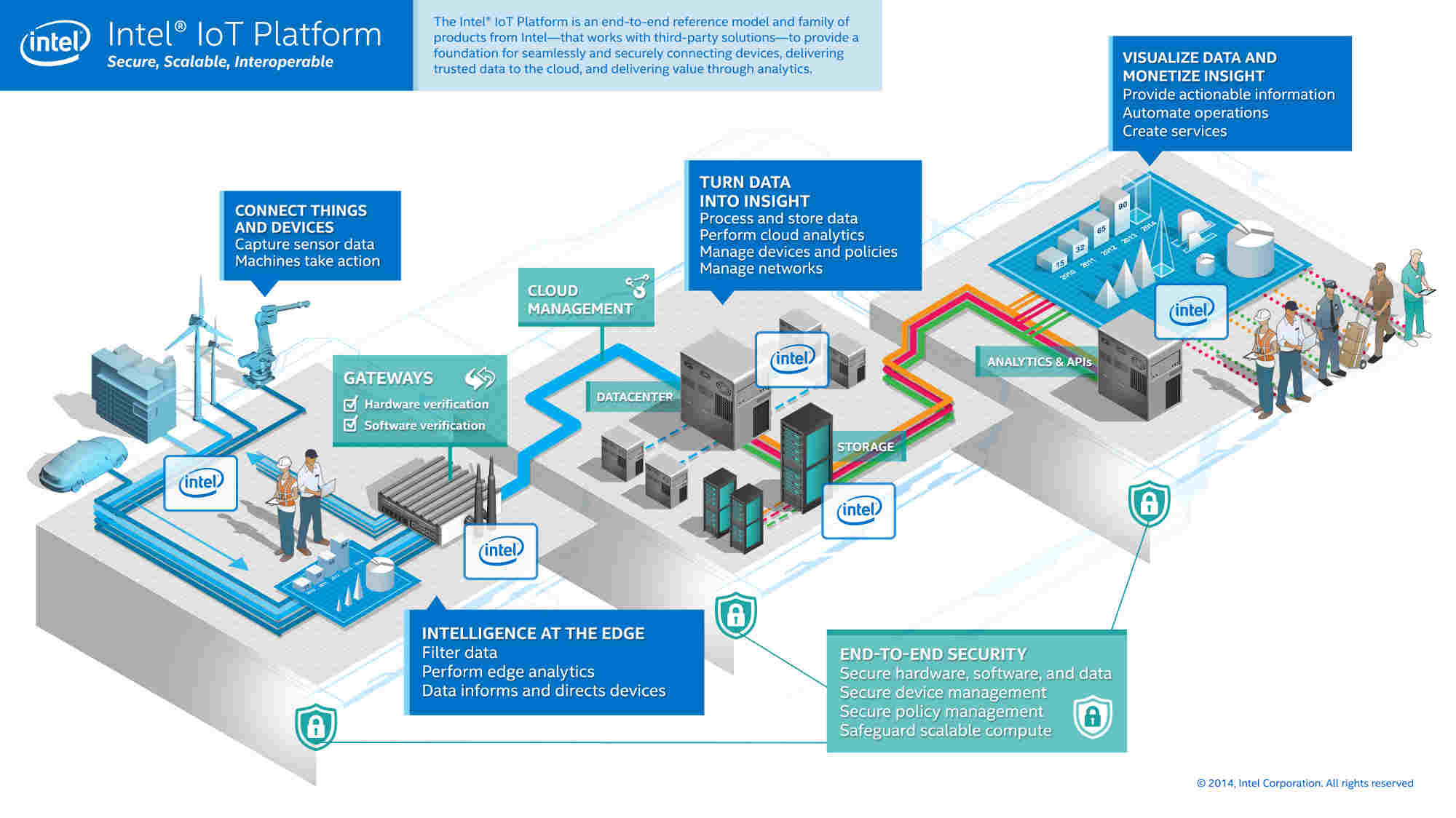|
Introduction: In the digital age, Internet Service Providers (ISPs) play a crucial role in connecting individuals and businesses to the vast expanse of the internet. This article aims to explore the evolution of ISPs, highlighting their significance in shaping the modern online landscape. Early Days of ISPs: During the early days of the internet, ISPs were primarily local or regional entities that provided dial-up connections. Users had to endure slow speeds and limited connectivity options. However, these pioneering ISPs laid the foundation for the future growth and development of internet services. Broadband Revolution: The advent of broadband technology revolutionized the internet landscape, allowing ISPs to offer faster and more reliable connections. As a result, users experienced high-speed internet access, which paved the way for bandwidth-intensive activities such as streaming media, online gaming, and cloud computing. Diversification of Services: Modern ISPs have expanded their offerings beyond basic internet connectivity. Many ISPs now provide bundled services, including television, phone, and mobile plans. By diversifying their services, ISPs have become one-stop solutions for people's digital needs, providing convenience and cost savings. Competition and Market Consolidation: The ISP market is highly competitive, with numerous players vying for customers' attention. This competition has driven innovation, pushing ISPs to continually improve their infrastructure and service quality. However, there has also been a trend of market consolidation, with larger ISPs acquiring smaller ones, leading to concerns about reduced competition and potential monopolistic practices. Net Neutrality Debate: Net neutrality has been a hotly debated topic in recent years. It refers to the principle that ISPs should treat all internet traffic equally, without favoring or discriminating against particular websites or applications. The debate centers around concerns that without net neutrality regulations, ISPs could potentially manipulate internet traffic for their own benefits. Emerging Technologies: ISPs are constantly adapting to emerging technologies to meet the growing demands of users. The deployment of fiber-optic networks and the upcoming rollout of 5G technology promise even faster and more reliable connections. This will enable ISPs to provide seamless connectivity for emerging technologies such as Internet of Things (IoT), augmented reality, and virtual reality. Conclusion: Internet Service Providers have come a long way since their inception. From humble beginnings with dial-up connections to the age of broadband and beyond, ISPs have played a vital role in shaping the digital world we live in today. As technology continues to advance, ISPs will continue to evolve, providing even faster and more diverse services to keep pace with the ever-growing demands of the internet-savvy population.  |
